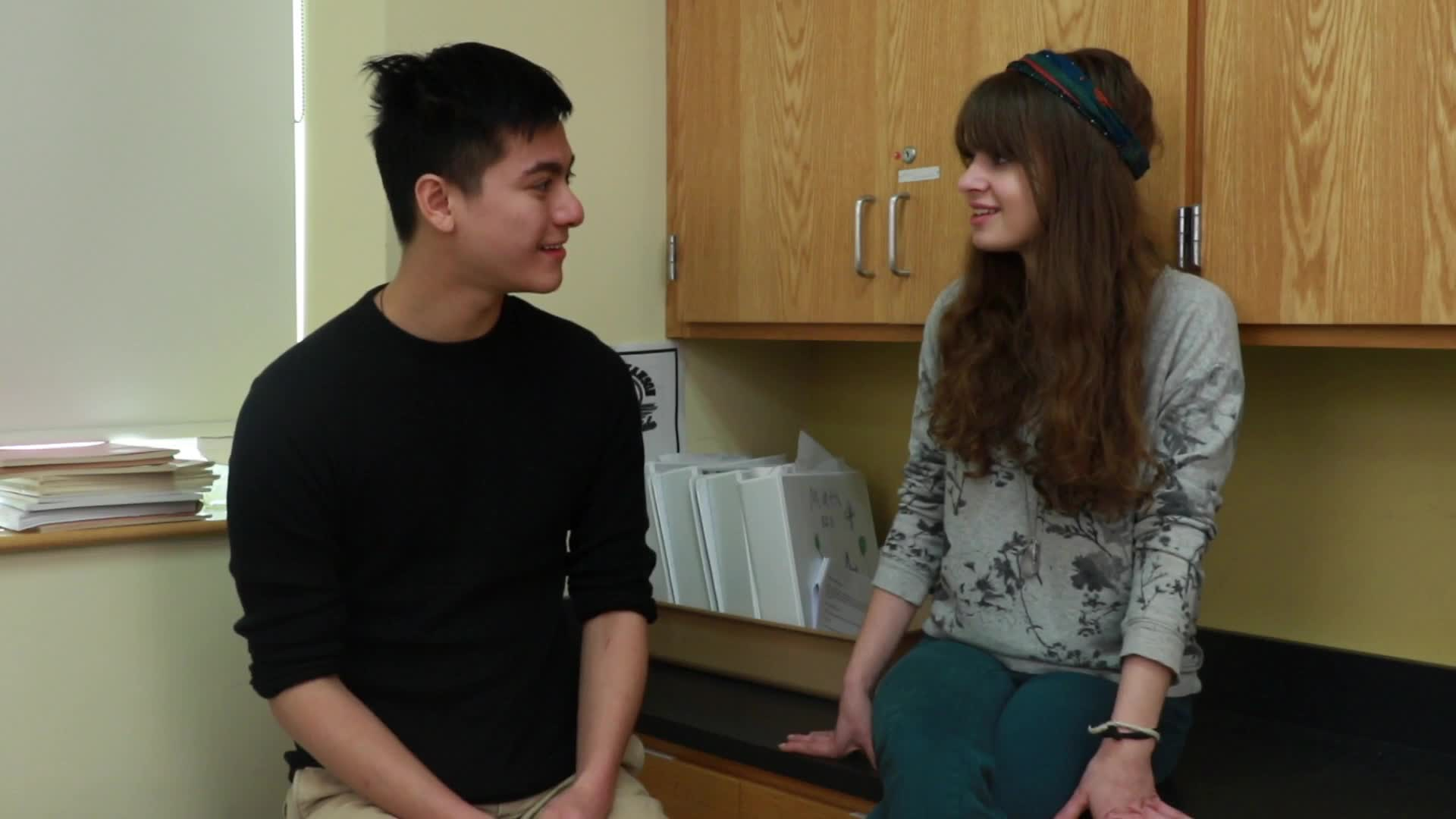Introduction
Trust and confidentiality are essential components of building healthy relationships. When someone shares a secret with us, it demonstrates their trust in our ability to keep their confidence. In this blog post, we will explore the concept of secrets and why it is important for students to understand the responsibility that comes with being entrusted with someone else’s private information. We will also discuss a no-prep activity, discussion questions, related skills, and next steps to further support the development of this skill in elementary students.
No-Prep Activity: The Secret Keeper Game
This activity requires no preparation or materials from the educator and is designed to help students understand the importance of keeping secrets. Divide the class into pairs. In each pair, one student will be the “Secret Teller” and the other will be the “Secret Keeper.” The Secret Teller will whisper a made-up secret into the ear of the Secret Keeper. The educator will then ask the Secret Keeper a series of questions related to the secret, and the Secret Keeper must answer without revealing any details about the secret. After a few questions, the roles can be switched. The aim of this activity is to help students practice keeping secrets and learn the importance of respecting the trust that others place in them.
Discussion Questions
- Why is it important to keep someone’s secret when they trust you with it?
- How do you think Kate felt when she found out that Sarah had shared her secret? How would you feel in a similar situation?
- What are some strategies you can use to keep a secret when you are tempted to share it with someone else?
- How can keeping secrets help build trust in friendships and other relationships?
- Can you think of a time when you kept a secret for someone? How did it make you feel?
Related Skills
Understanding the importance of keeping secrets is closely related to other social-emotional learning skills, such as:
- Empathy: Recognizing and understanding the feelings of others when they share a secret with us.
- Respecting boundaries: Knowing when it is appropriate to share information and when it is important to keep it confidential.
- Self-control: Resisting the urge to share someone else’s secret, even when it might be tempting to do so.
- Honesty: Being truthful in our interactions with others, including keeping our promises to maintain confidentiality.
Next Steps
To further support your students in developing trust and understanding the importance of keeping secrets, consider signing up for free samples of related skill-building materials at Everyday Speech. These resources can help you create a comprehensive social-emotional learning curriculum that fosters healthy relationships and emotional well-being in your students.










